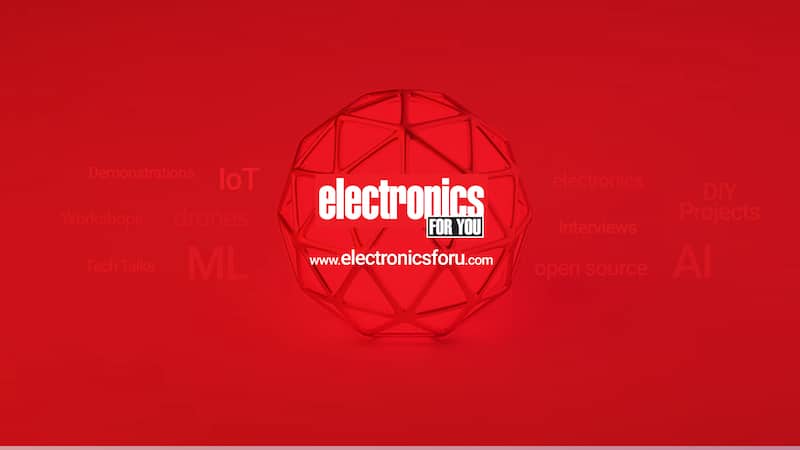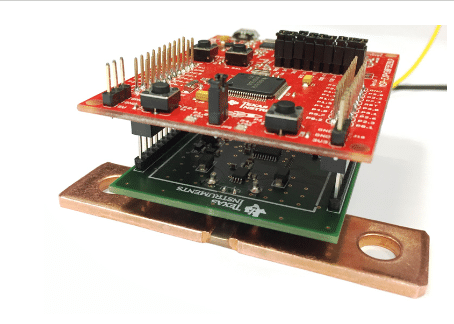//php echo do_shortcode(‘[responsivevoice_button voice=”US English Male” buttontext=”Listen to Post”]’) ?>
China’s ban on government use of Intel and AMD processors will help domestic competitors like Hygon build sales, according to analysts.
China will eliminate the use of Intel and AMD processors from government PCs and servers, the Financial Times reported on Mar. 24. Intel declined to comment, and AMD did not respond to emailed requests from EE Times.
A low-single–digit hit in the percentage of total PC shipments might result from the ban, Bernstein Research senior analyst Stacy Rasgon said in a report he provided to EE Times. Intel counted on China for almost a third of its 2023 sales worth $15 billion, while China provided 15% of AMD’s total revenue at $3.4 billion, the report said.

“I had a client who asked me, ‘Do you think this means China will eventually ban all U.S. semiconductors?’” Rasgon told EE Times. “No, I don’t think so. They can’t. They need them.”
China’s action is the latest in a competition with the U.S. to dominate chip tech, especially in the AI and 5G domains. China has been “measured” in response to a series of export controls and blacklistings of individual companies like Huawei, which for a short time was the leader in 5G smartphones and telecom equipment, according to Rasgon.
The possibility that the tech war may escalate remains a concern, according to Dan Hutcheson, senior research fellow at TechInsights.
“China’s government is very serious about de-Americanization of its tech infrastructure,” Hutcheson told EE Times. “This reported ban of AMD and Intel follows similar reports for Apple’s iPhone. China’s government is a significant source of local demand that can be used to drive their ‘Made in China’ program that started early in the last decade.” Apple’s iPhone sales in China plunged by 24% during the first six weeks of 2024 while Huawei smartphones surged, according to a Reuters report.
The Chinese government’s ban is part of a long-term effort by the nation’s industrial planners to de-risk supply chains from U.S. core technologies and promote domestic alternatives, according to Paul Triolo, a technology lead at Albright Stonebridge Group. China has had difficulty removing foreign hardware and software from supply chains without viable domestic alternatives, particularly for mission-critical systems, Triolo told EE Times.
“The impact could be higher for server sales using CPUs from [Intel and AMD], as opposed to PCs and laptops, depending on how the guidance is implemented,” he said. “This guidance will likely have considerably less impact, for example, than significantly tightened U.S. export-licensing policies on Huawei being pushed in some quarters in Congress.”
China’s CPU competitors
China’s domestic x86 server CPUs, compared with offerings from Intel and AMD, are not as bad as some might think, Bernstein said in a February 2024 report, which noted that the performance of a server CPU from China’s Hygon is about 2-3 years behind Intel and 3-4 years behind AMD.
China’s directive comes at a time when demand in the domestic market outperforms the rest of the world, according to the report.
“Demand for x86 server CPUs in China has been stronger than the global average, and we expect the momentum to continue,” Rasgon said in the report. “Growing at a 9% compound annual growth rate (CAGR) while the rest of the world was at 6% CAGR during ’17-’22, China’s x86 server CPU demand growth can be attributed to a strong policy push toward new infrastructure investments in western China and developing datacenters in national hubs and clusters.”
Hygon had double-digit revenue growth in 2023 and will achieve a 41% CAGR over the next three years, doubling its domestic market share to 23% by 2026, the report said.
There are more Chinese CPU makers beside Hygon, according to other analysts.
China’s list of approved domestic CPU suppliers includes Huawei (Kunpeng), Loongson and Zhaoxin, Triolo noted. Alibaba’s chip-design arm T-Head Semiconductor has designed the Yitian-710, and is using Taiwan Semiconductor Manufacturing Co. (TSMC) for production, so there are a lot more CPU options now in China than two years ago, Triolo added.
“It looks like Huawei is the most viable alternative for the server side, with the firm’s Kunpeng chip the most likely replacement for all government departments and state-owned enterprises, while Loongson and Zhaoxin would be alternatives for some PC and laptop systems,” he said.
China’s ban is a big boost for Zhaoxin, which has a new x86 architecture called the Kaixian KX-7000, which is chiplet-based like AMD’s Ryzen, Hutcheson said.
“Without this demand source, it would have been hard for Zhaoxin to scale manufacturing,” he said.
Potential escalation
China and the U.S. are pursuing policies that will contribute to technology decoupling with no guardrails or dialogues under consideration on either side to narrow the scope of this process, according to Triolo.
“While the Biden administration has attempted to define the U.S. position on technology controls as ‘small yard, high fence,’ Beijing is not buying this, and views the continuing series of technology controls, Entity List designations, and other measures as an effort to contain China’s economic growth and technology development,” Triolo said. “This creates a vicious cycle, where in response to each new U.S. technology control, Beijing doubles down on domestic technology innovation and mandating domestic content in government procurement, squeezing U.S. companies market access. The IT sector as a whole loses.”
Outside of the semiconductor industry where America has the upper hand, China has other measures it can take in the tech competition with the U.S., Rasgon said.
“They control the EV supply chain and batteries and rare earths. There are other elements where potentially we could see escalation going. So far what we’ve heard from China has been measured.”









